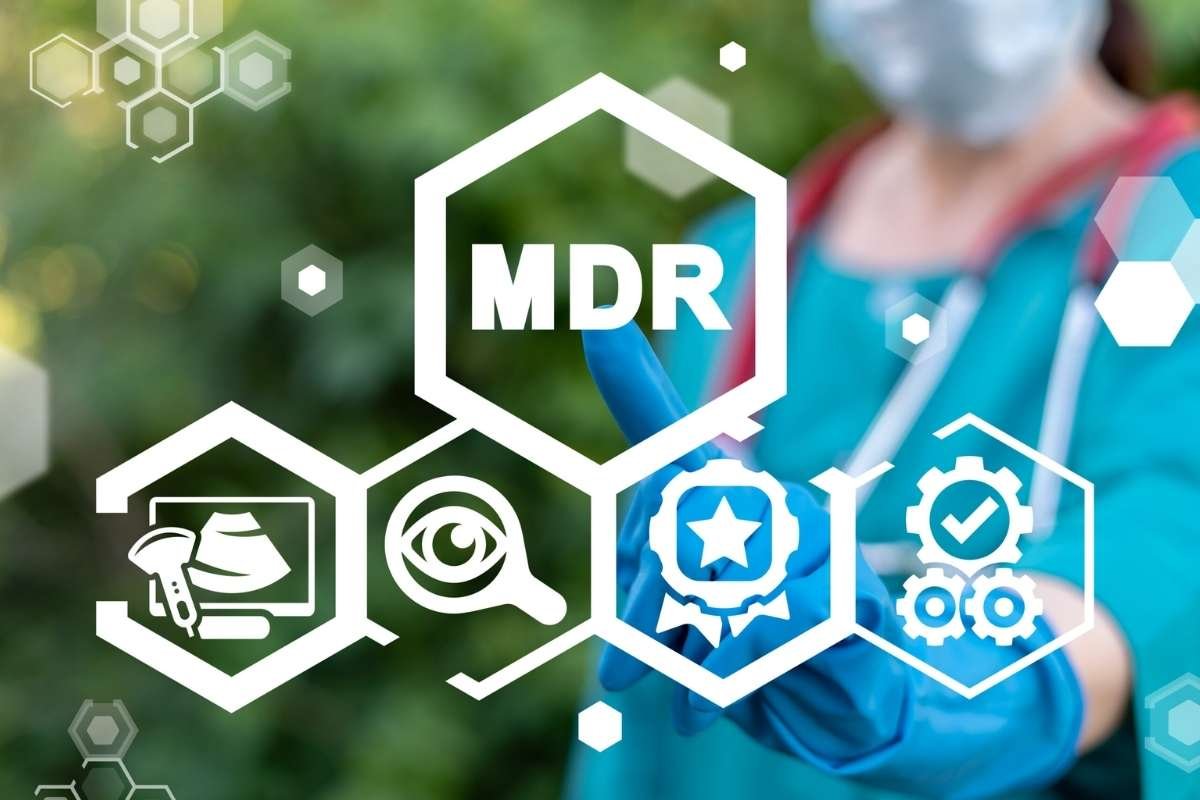More adults under 50 between the ages of 45 and 49 are detected by Colon Cancer , a shift researchers say is driven by increased early screenings efforts. New findings from the American Cancer Society (ACS), published August 4, 2025, in the Journal of the American Medical Association, show a substantial rise in early diagnoses linked to updated screening guidelines and greater public health awareness. The data underscores the impact of preventative measures while highlighting remaining disparities in access.
Screening Rates See Sharp Increase Since 2019
The studies reveal a dramatic jump in screening among U.S. adults under 50 aged 45 to 49 in recent years. Following updated guidelines by the ACS in 2018 and the U.S. Preventive Services Task Force (USPSTF) in 2021 that lowered the recommended starting age from 50 to 45, screening rates rose 62% between 2019 and 2023.
This shift coincides with a 12% annual increase in colorectal cancer diagnoses in the 45–49 age group from 2019 to 2022, up from an average of 1.1% annually between 2004 and 2019. While the rise in cases may seem alarming, experts emphasize it likely reflects more first-time screenings rather than a true spike in disease prevalence.
“The uptick of cases is likely due to first-time screening in the wake of new recommendations for younger average-risk adults under 50 to begin testing,” said Elizabeth Schafer, the lead author and a scientist at the ACS focused on surveillance and health equity.
Early Screenings of Colon Cancer Offers Better Outcomes
Increased early detection can be lifesaving, as colorectal cancer is highly treatable when caught in earlier stages. Jessica Star, a co-author of the studies and researcher on cancer screening trends, described the findings as “thrilling,” especially given the historically low screening rates among younger adults.
“Seeing more early-stage diagnoses is a strong signal that screening is working,” Star said. “It gives patients more options and a better prognosis.”
However, both authors stress that progress is uneven. Screening rates still lag among individuals with lower education levels and those without adequate health insurance. These disparities point to broader systemic issues that could undermine long-term public health improvements.
Concerns Mount Over Future of Screening Guidelines
The findings arrive amid controversy over the potential reshuffling of the USPSTF. A recent report indicated that Health and Human Services Secretary Robert F. Kennedy Jr. is considering removing current task force members, raising alarms within the medical community.
Dr. Thomas Lew, a clinical professor of medicine at Stanford University, warned that disrupting the panel could undo years of progress. “To put it mildly, this is extremely concerning and doing the opposite of making America healthy,” Lew told CBS News.
The USPSTF plays a critical role in shaping evidence-based preventive care policies, which in turn influence insurance coverage and physician practice. Any shift in its composition could have wide-reaching consequences for initiatives like colorectal cancer screening.
In response to public concern, an HHS spokesperson said no final decision has been made and that the department is evaluating how the task force can better support its preventive health goals.
The recent uptick in early-stage colon cancer diagnoses among adults under 50 aged 45–49 is a promising development tied to better screening adherence. Yet, experts caution that access gaps and policy uncertainty could stall this progress. As preventive care becomes an increasingly important pillar of public health, maintaining and expanding equitable screening programs will be essential to reducing cancer mortality across all age groups.
Also Read :- Colon Cancer Cases Surge Among Young Adults: Experts Blame Diet, Delayed Diagnosis, and Lack of Awareness









